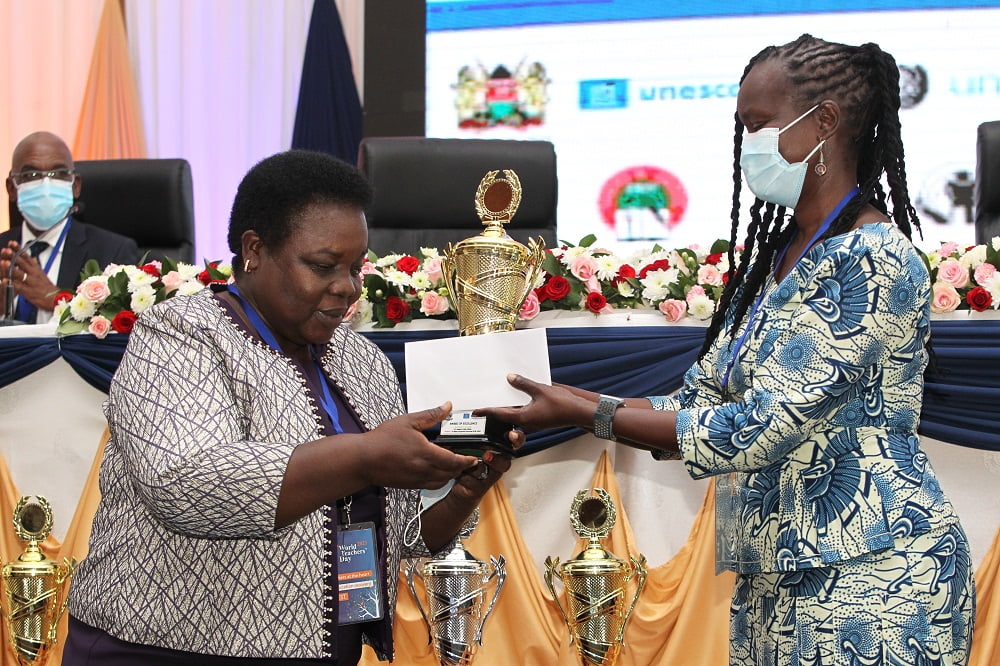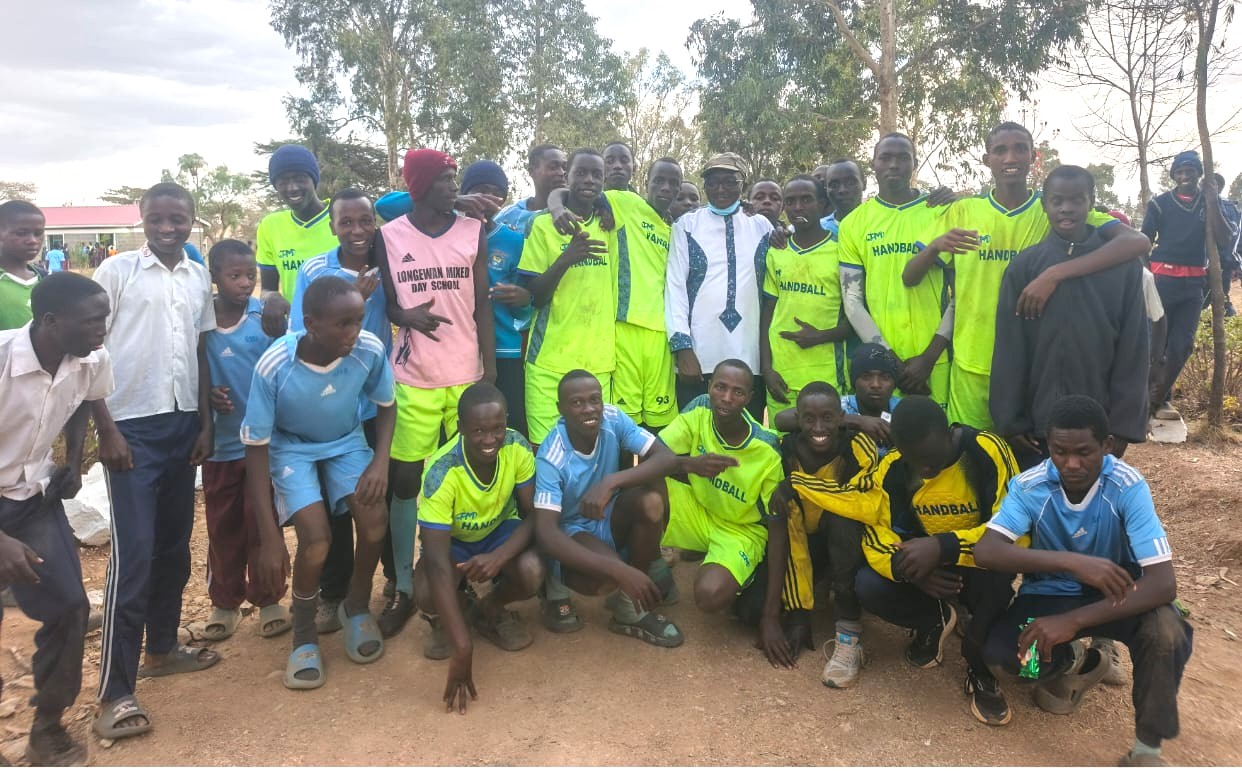By Roy Hezron
Concerns have been raised as to whether proper sensitization, monitoring and evaluation were carried out regarding the guidelines on parental empowerment and engagement in the Competency Based Curriculum (CBC) as it has emerged that parental engagement and empowerment will be key pillars in the new curriculum.
The guidelines, which were prepared by the Kenya Institute of Curriculum Development (KICD) in 2019, were meant to provide strategies on how learning institutions can empower parents and create an environment that will ensure parents are fully involved in their children’s education as the country adapts CBC.
According to the guidelines, parents are supposed to take part in discussions concerning their children’s observed behavior, a move that will help parents participate in the identification of their children’s natural abilities, academic capabilities, career guidance and choices.
They are also required to monitor their children’s growth and development, identify learning difficulties or disabilities where they may occur and proactively participate in decisions concerning the general wellbeing of their children in and out of school.
The guidelines further require that communication and collaboration between the school and parents should be enhanced through teacher-parent collaboration to develop action plan for each learner and prompt and coordinated action between the school and the parents on issues such as discipline, illnesses or bereavement.
Other guidelines include peaceful and prompt resolution of conflicts, timely sharing of the Ministry of Education and school calendars of events and programme of activities with parents to encourage parental involvement and parents engaging with their children on school assignments such as homework and projects.
“Parents are key stakeholders in the school community. Timely and effective communication enables parents to collaborate with the school towards the improvement of their children’s well-being. Parents should be regularly updated and provided with opportunities to respond to matters concerning learning and general issues on education,” reads the guidelines in part.
However, there is concern as to whether the guidelines, notably those under parental engagement were effectively implemented, monitored and evaluated.
For instance, under communication and collaboration, parental involvement in their children assignments is a continuous task whose performance indicator is the number of activities done in collaboration with parents, with responsible stakeholders or key actors being the teachers.
“Parents should get involved in helping their children at home with school assignments such as science projects, art and craft assignments among others. They can also assist with multiplication tables, addition and subtraction using pairs of numbers (bonds) in mathematics,” reads the guideline in part.
In addition, the guidelines requires a school diary to be kept as a proof that parents and teachers regularly communicate .For instance, parents can continuously sign homework completed by their children.
During a recent consultative meeting between the Ministry of Education officials and Editors’ Guild’s stakeholders on CBC on September 14, 2021 at Hilton Hotel in Nairobi, Education Chief Administrative Secretary Dr. Sarah Ruto said parents have a role to play in aiding the learning process of their children and they cannot run from it.
“People have raised concern about how an illiterate parent can help their children do assignment but it should be noted that illiteracy is not synonymous to stupidity. You can sit with your child and help them whichever way you can,” said Dr. Ruto.
She called on engagement between school managements and parents to ensure reasonable demands in issuing of assignments.
Her sentiments came after parents and guardians took to social media to complain that some of the assignments learners carry home have tight timelines and are expensive in terms of materials being purchased for the projects.
KICD also asked teachers to refrain from giving assignments that are costly to parents noting that the spirit of CBC is to leverage on readily available materials to facilitate learning.
“Please support the children without doing the work for them. Assignments should be within the abilities of pupils. Tasks involving undue costs to parents should be avoided. Show interest, provide basic needs (pencils, pens, ink, exercise books, etc.),” KICD posted on its official Twitter handle in September.
According to CBC, parents, family and care-givers are a child’s first and most important educator and can be a positive influence and help them do well at school.
Before children start formal learning, parents require education and useful information to enable them to engage well with their children’s learning. They also require empowerment and opportunities to get involved in their children’s learning throughout schooling, especially at the basic level of education in order to have very positive impact on education outcomes.
While receiving the CBC taskforce report early this year, President Uhuru Kenyatta directed Education Cabinet Secretary Prof. George Magoha to pick implementation team from among the panel that played part in the task force report to oversee the implementation of CBC.
Prof. Fatuma Chege was appointed to head the new State Department on the implementation of the new curriculum at the Ministry of Education.
Former KICD Chairperson Dr. Sarah Ruto was appointed to the position of Chief Administrative Secretary (CAS) at the Ministry of Education while Dr. Julius Jwan, former KICD Chief Executive Officer was moved to the State Department of Early Leaning and Basic Education which is critical in rolling out the new 2-6-3-3-3 education system.






